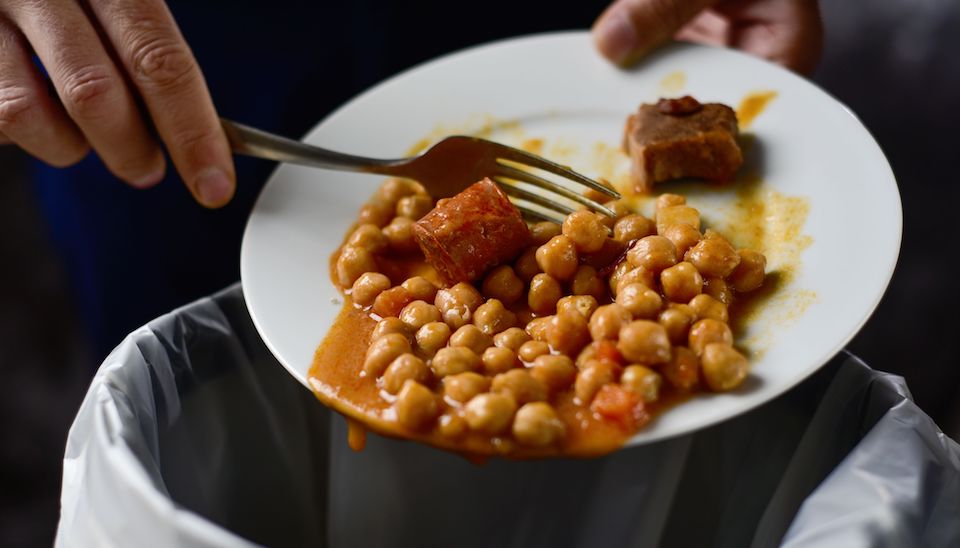Too much food being wasted
Survey shows 300,000 tons are thrown away every year, which could feed a city like Patra

Greeks throw away at least 300,000 tons of food per year, which could have fed 200,000 people for an entire year – the population of a city similar to Patra – according to a survey by the Research Institute of Retail Consumer Goods (IELKA).
That is the estimate by consumers themselves, which has historically proven to be well below the actual amount of food waste.
A recent study by the AB Vassilopoulos supermarket chain in cooperation with Harokopio University came to the conclusion that every year households in Greece throw away more than 1 million tons of food, half of which could have been safely consumed instead of being wasted.
The IELKA consumer survey showed that 29% of households declared they do not waste any food. Three in every five households (60%) said they throw away no more than 10%, 9% said they waste between 10% and 25%, and 2% admitted they bin more than a quarter of their food. All this translates into a 6% average rate of food wasted.
The problem is mainly focused on the categories of fruit and vegetables, with almost seven in 10 consumers (68%) saying they record some waste, followed by bread and other relevant products (58%), cold cuts (37%), dairy products (29%), sweets and snacks (28%), and milk (27%). One in five consumers (21%) attribute the waste to the poor management of food remains in their household, and 18% to buying more than required.
A significant reason why households throw away large quantities of food is the confusion created by the “best before” marks on packaging. According to a European Commission survey in 2018, over 10% of the annual waste of food in the European Union is associated with those labels and the difficulty consumers have in interpreting them. This is the reason why the EU will propose new ways for marking food products by the end of 2022.
A University of Patra survey has revealed that two in seven Greeks (28.4%) are little or not at all familiar with the difference between the expiry date and the recommended date for consumption.





